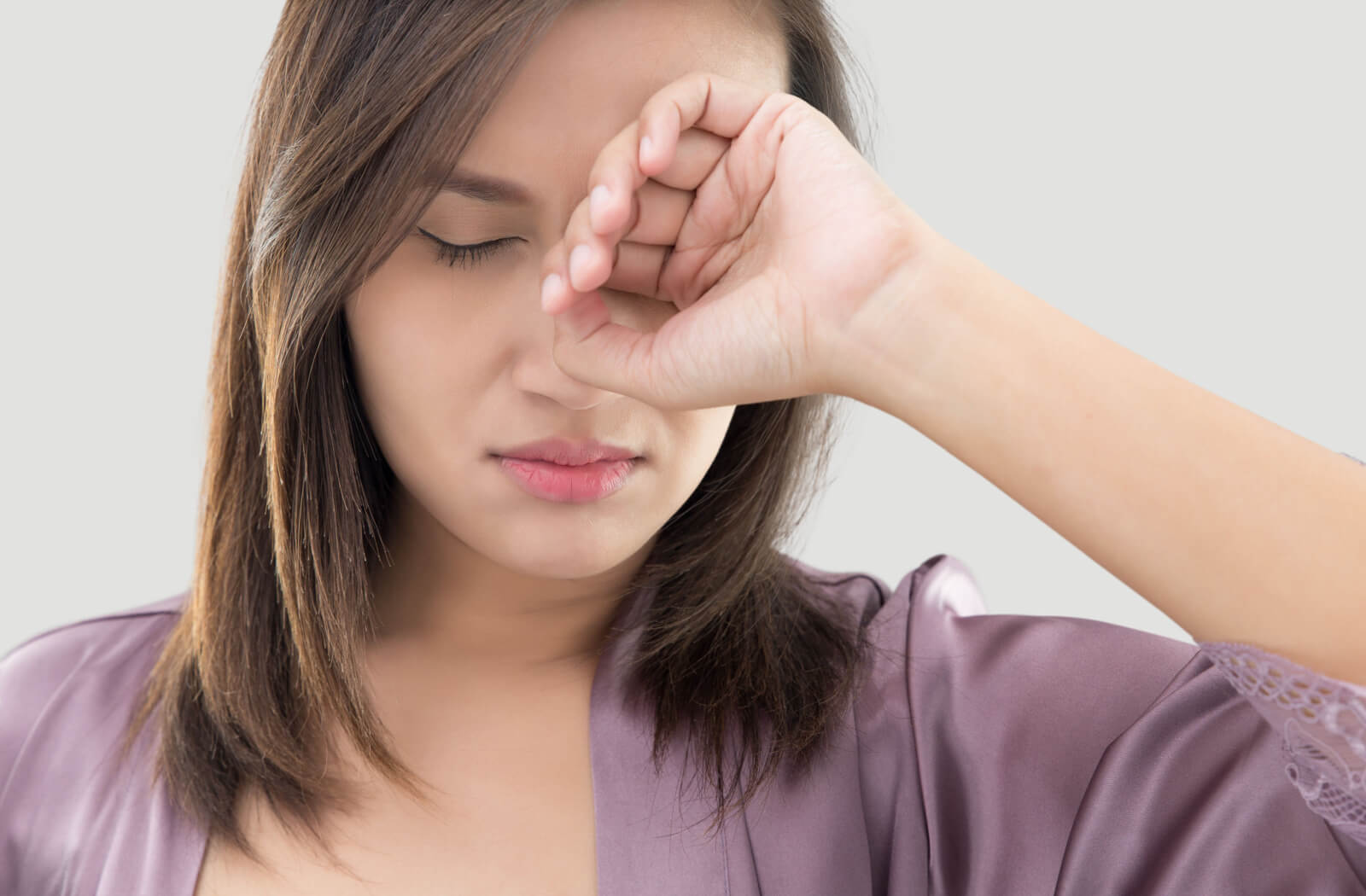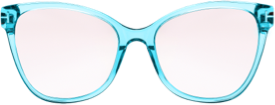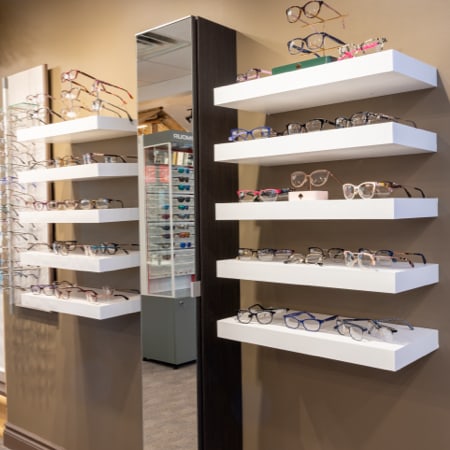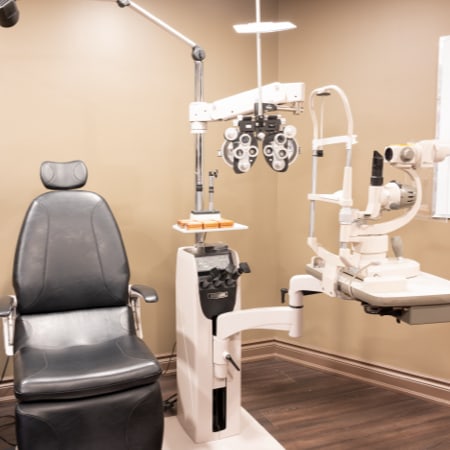Waking up with dry eyes can be a frustrating experience. Understanding the cause and potential solutions to this problem can help you find much-needed relief and avoid dry eye complications.
There are a variety of potential dry eye causes, including environmental factors, computer vision syndrome, long-term contact lens usage, and certain medications. If you’re waking up with dry eyes, one of the potential causes may be a condition called nocturnal lagophthalmos that prevents your eyes from closing fully at night.
Understanding what’s causing your dry eyes can help you find treatments that provide relief.
What Is Dry Eye?
Dry eye is a common condition that can cause many uncomfortable symptoms. If you’re dealing with red or watery eyes, sensitivity to light, a scratchy or itchy feeling, burning or stinging sensations, fatigue, or temporary blurred vision, you may be living with dry eyes.
Fortunately, treatments are available to help manage the discomfort caused by dry eyes.
Causes and Solutions for Dry Eyes
Nocturnal Lagophthalmos
Some people affected by nocturnal lagophthalmos aren’t aware that they have it because it only occurs when they are asleep. One of its main symptoms is the inability to close your eyes, which can result in other conditions like dry eyes.
Solution: Other symptoms of lagophthalmos include foreign body sensations and eye pain in the morning. Because it can be a sign of other eye conditions, it’s important to schedule an eye exam with your optometrist at the first sign of lagophthalmos.
It’s also important to understand that while nocturnal lagophthalmos can cause dry eyes, it’s not the only cause of dry eye disease. Your morning dry eyes may be caused by other factors, which is another reason why speaking with an eye doctor is important.
Environmental Causes
Your environment can have a huge impact on your eye health. Dry air created by air conditioning or heating systems—and dust, wind, and smoke in the air—can contribute to dry eyes.
Living in an area with high levels of air pollution or allergens could also make your eyes drier than normal.
Solution: To reduce environmental-related dryness, consider investing in a humidifier or using artificial tears to keep your eyes hydrated throughout the day.

Computer Vision Syndrome
Staring at a computer screen all day doesn’t just cause potential effects on your posture. It can also cause eye irritation and dryness due to computer vision syndrome (CVS).
CVS is caused by prolonged computer use resulting in strained vision and a decreased blinking rate. When we don’t blink as often as we should, our tears don’t spread evenly across our corneas, which can lead to discomfort and eye fatigue.
Solution: Taking regular breaks from the computer is essential for reducing CVS symptoms. Try following the 20-20-20 rule by looking away from the screen every 20 minutes and looking at an object 20 feet away for 20 seconds. Other solutions include increasing lighting in your workspace and investing in an anti-glare filter for your computer monitor.
Long-Term Contact Lens Usage
People who wear contact lenses can be more prone to dry eye syndrome because their lenses act like a barrier between their eyes and natural tears.
Solution: If you wear contacts daily but experience pain or discomfort while wearing them, it may be time to talk to your optometrist about different contact lens options and to deal with any potential dry eye, or wear your glasses more frequently by taking breaks from using contact lenses throughout the week.
Additionally, keep an eye out for signs of infection, such as redness or swelling. If this occurs while wearing contacts, it’s important to reach out to an optometrist!
Certain Medications
Some medications have been linked to dry eyes or irritation due to their effects on tear production.
Solution: If you take any of these medications regularly and experience dryness in your eyes upon waking up each day, talk to your doctor about possible alternatives that may be less likely to cause this side effect.
Dealing with Dry Eyes? Don’t Risk Further Complications—Visit Orillia Optometry Today
Waking up with dry eyes is a common problem that factors like other eye conditions, your environment, computer vision syndrome, long-term contact lens wear, and medications can cause. Many potential solutions exist to reduce or eliminate this issue, from frequent eye drops to decreasing screen time.
However, it’s worth mentioning that if symptoms persist or worsen, an eye doctor should be consulted for further evaluation and personalized recommendations. Avoiding the potential problems altogether is encouraged, so if you’re consistently dealing with dry eyes, it would be wise to arrange an appointment with Orillia Optometry today. We can ensure you get care tailored to your specific needs.















